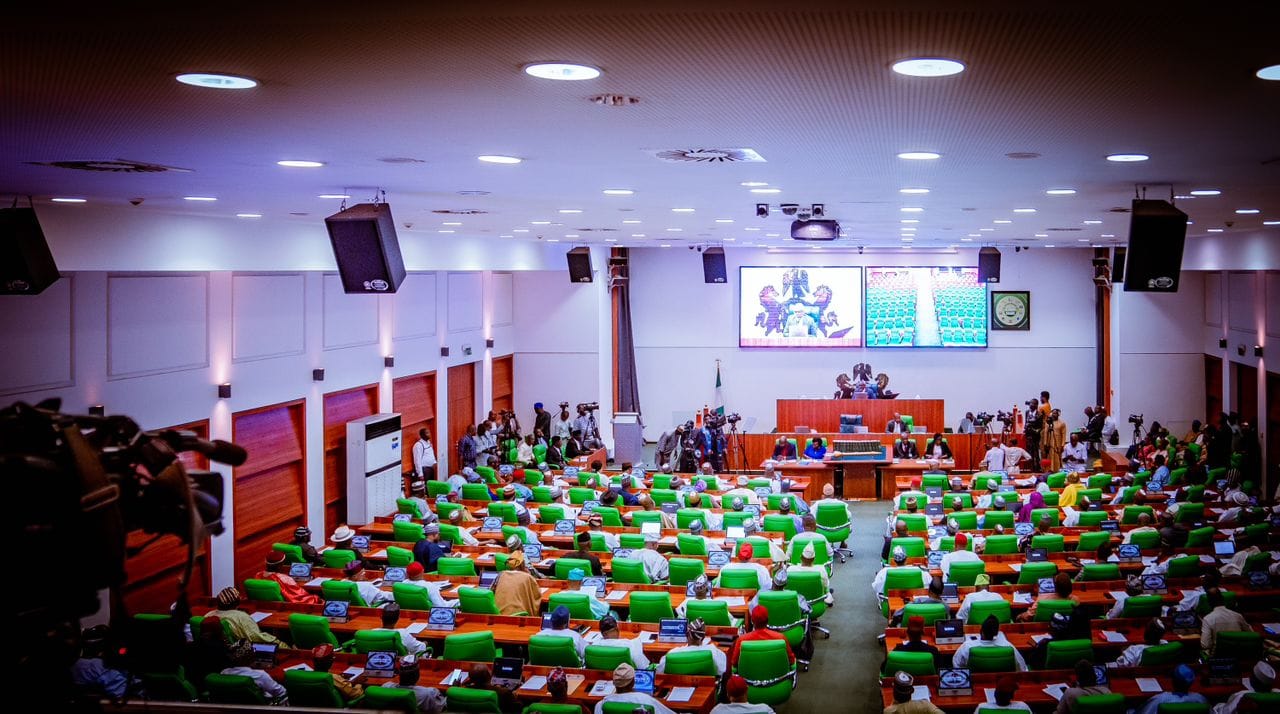
The House of Representatives has resolved to stop sports betting in the country and urged the National Lottery Regulatory Commission to comply with the Lottery Regulatory Commission Act, 2005.
The resolution followed the adoption of a motion by Kelechi Nwogu (PDP-Rivers) at plenary in Abuja on Thursday.
The News Agency of Nigeria had earlier reported that approximately 60 million Nigerians aged between 18 and 40 engage in sports betting.
According to the lawmaker, weak or neglected regulations of sports betting have given rise to mental health problems, such as depression, anxiety, and addiction.
Nwogu added that it had also led to strain or broken relationships due to lying or stealing from friends and family, financial problems, legal issues, and job loss due to excessive loss or debt.
“Betting has given rise to increased crime rate and eventual suicide,” he said.
He harped on the need for campaigns to prevent the negative social impact of lottery and underage participation.
Adopting the motion, the House urged the Federal Ministry of Information and National Orientation to conduct a comprehensive nationwide campaign to raise public awareness about the negative impact of youth participation in sports betting.
The House also mandated the Committee on Inter–Governmental Affairs to conduct a public hearing on the dangerous effects of sports betting in Nigeria.
It urged the committee to report back to it within four weeks for further legislative action.
NAN reports that data from the National Lottery Trust Fund revealed that over 65 million Nigerians actively engage in betting, spending an average of 15 dollars daily.
It stated Nigerians spent an estimated 975 million dollars daily on online sports betting, which amounted to about $356bn annually.
Speaking with The PUNCH, a staff of SportyBet, who pleaded anonymity, described the move by the lawmakers as ill-timed due to the current economic hardship in the country.
He questioned why the government would consider clamping down on an industry, which is a major source of employment.
The source said, “It is ridiculous. This government is confused. In a country where people are struggling to make ends meet, they want to crush the masses with another policy that will render more people jobless. It is very insensitive.”
Also speaking, a punter, Emmanuel Abraham, said the government was trying to create a distraction and divert public attention from the sorry state of the economy.
According to Abraham, the reasons put forward by the lawmakers are untenable because of several other human endeavours which produce the same effects of addiction, depression, among others.
He said, “I’m saying it is a Trojan horse to deviate public attention from the bad decisions they have made which has driven the country off a cliff.
“Sport betting isn’t the problem. In as much as it could be addictive, so are other things like opioids, sex, alcohol, etc.
“If you go to the hospital, and they give you morphine to numb pain. Isn’t morphine addictive? Are they going to ban that too?
“It doesn’t make any sense. Everyone knows too much of anything isn’t good. But are you going to ban everything that has an addictive proclivity?”
Abraham noted that sports betting had become a source of income for many Nigerians, and that it was cruel for the lawmakers to propose banning it when nothing had been done to provide the teeming youth population with employment opportunities.
Another punter, Bennet Winner, described the proposal to ban sports betting as the handiwork of “some jobless people”.
According to him, it is disappointing for lawmakers to attempt to muzzle away food from honest Nigerians at a time of unprecedented economic hardship.
Efforts to reach the Association of Nigerian Bookmakers, the national trade association that represents sports betting, lottery and gaming operators in Nigeria, proved unsuccessful as of the time of filing this report.




